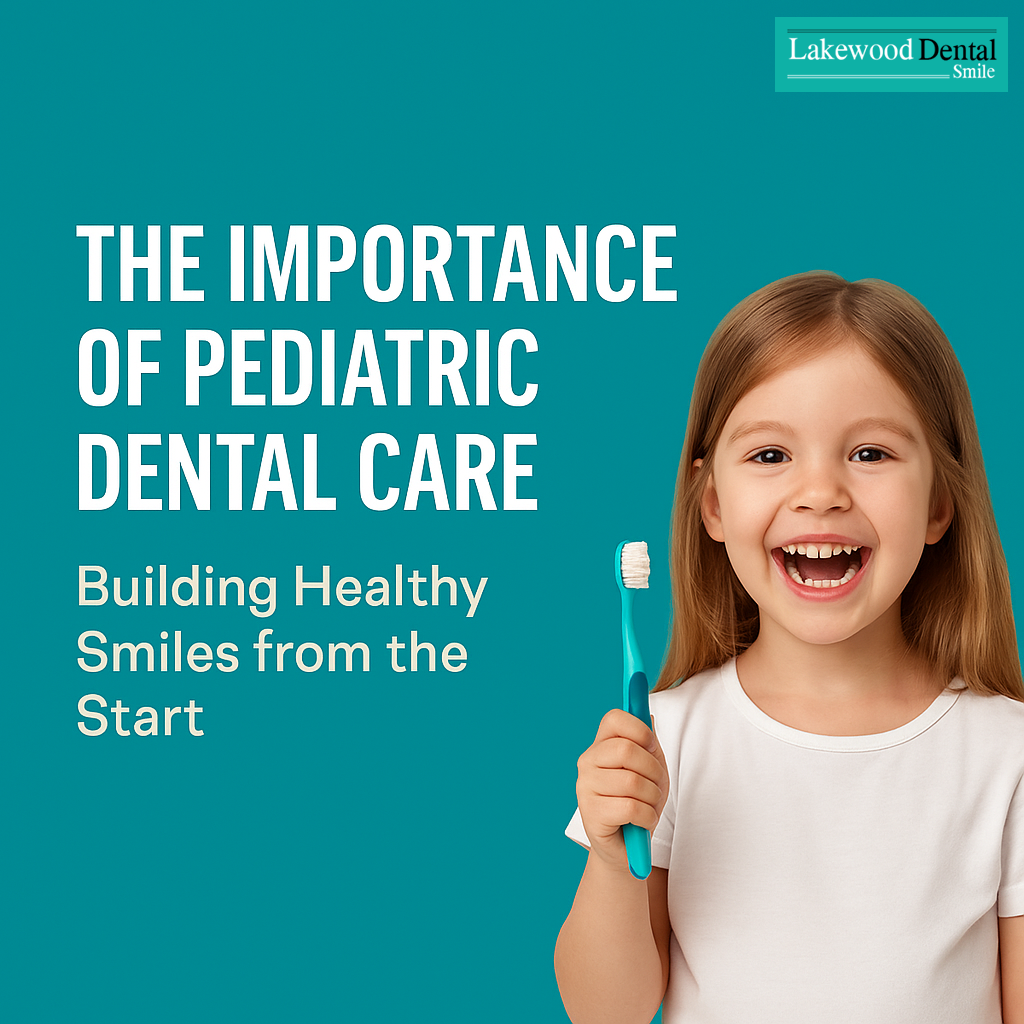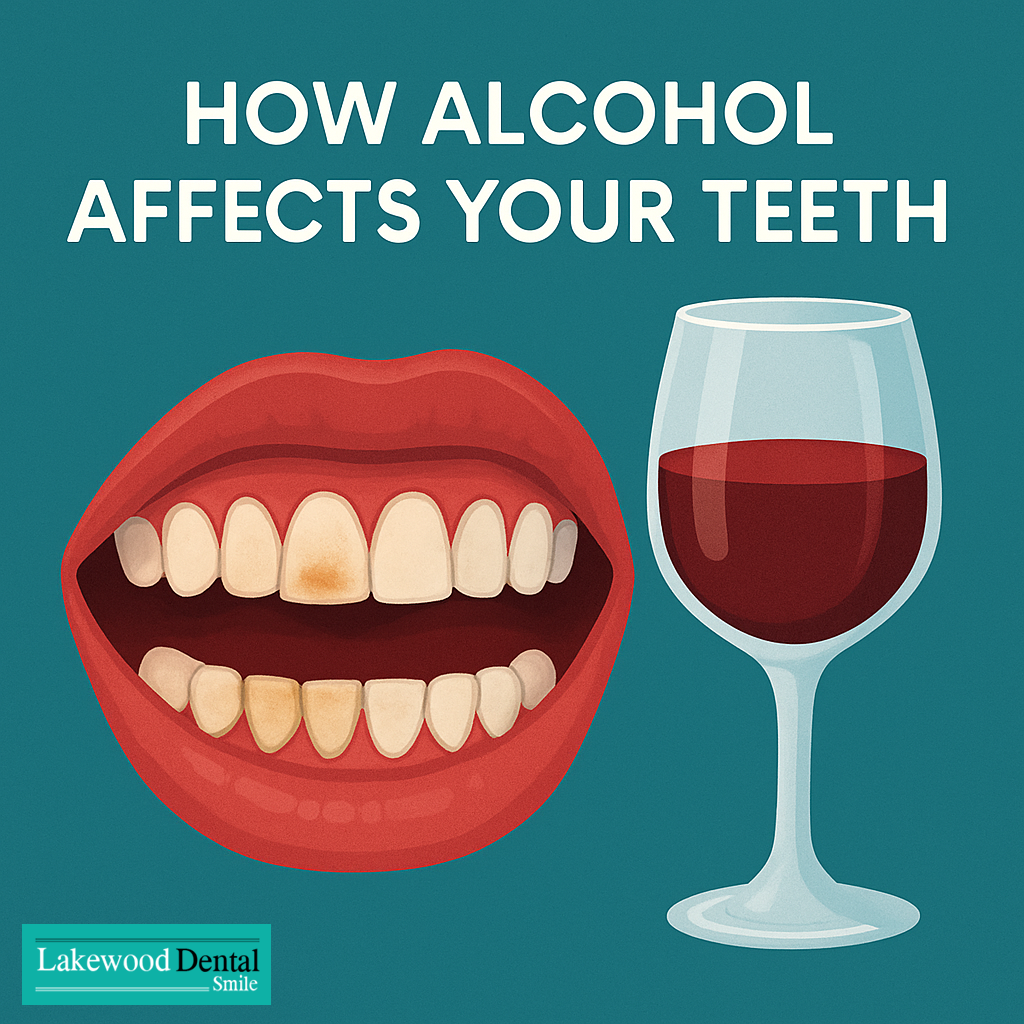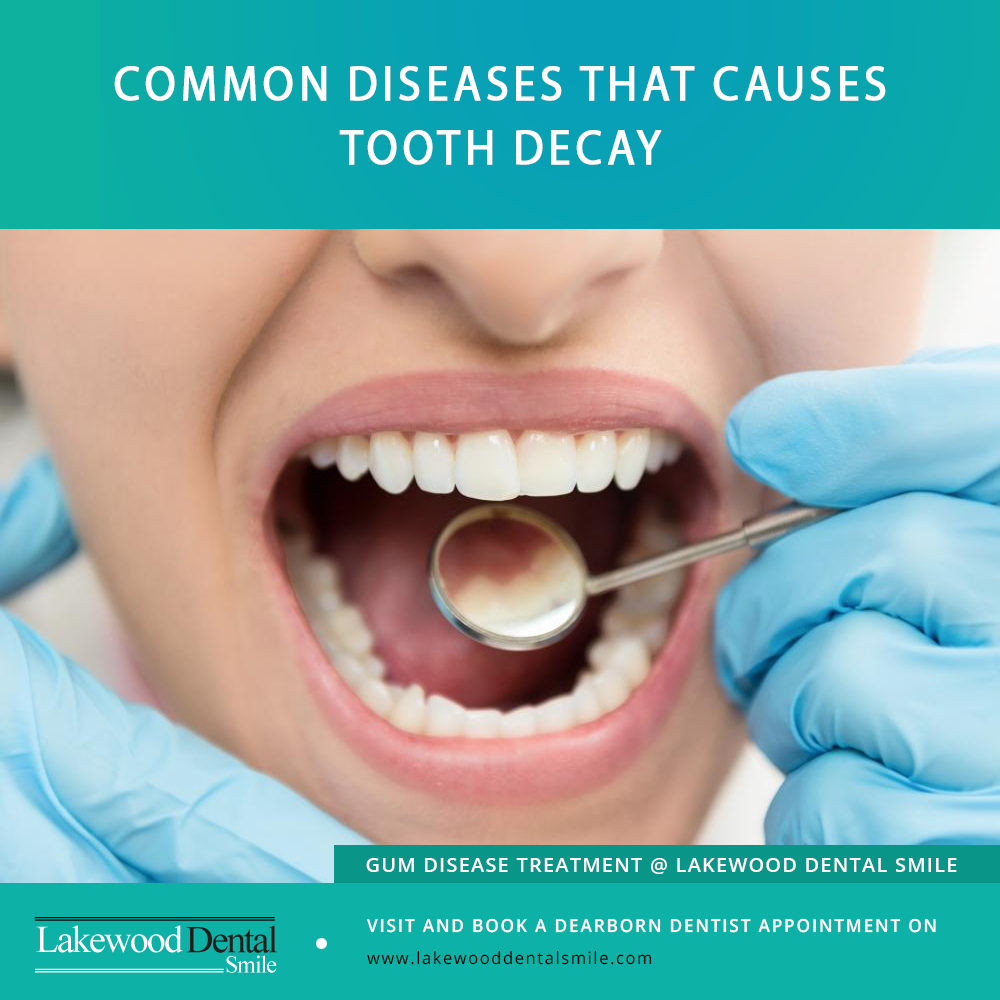Pediatric dental care plays a vital role in ensuring children grow up with strong, healthy smiles. Starting early with regular checkups and good oral hygiene helps prevent cavities, supports speech development, and builds confidence. Parents who prioritize their child’s dental health set the foundation for a lifetime of positive habits.

Oral Hygiene Starts in Early Childhood
Healthy oral care begins even before teeth appear. Parents can gently wipe a baby’s gums with a clean, damp cloth to remove bacteria and keep the mouth fresh. As soon as the first teeth erupt, switch to a small, child-sized toothbrush with soft bristles. Creating this routine early helps children view brushing as a natural part of daily life.
Pediatric dental care emphasizes that early habits matter. If children associate brushing with comfort and fun, they are more likely to continue the practice as they grow older. Singing a short song, using colorful toothbrushes, or brushing alongside your child makes the process enjoyable.
Schedule the First Dental Visit Early
Experts recommend scheduling a child’s first dental visit by age one, or no later than age two. A pediatric dentist can check tooth growth, remove plaque, and identify early signs of decay. These visits also give parents valuable advice on maintaining dental health at home.
Turning checkups into positive experiences is crucial. A reward system, like offering a sticker or a small toy, can help children feel proud of their dental care progress. Pediatric dental care encourages parents to frame dentist visits as fun adventures rather than scary events.
Professional Guidance for Parents
Pediatric dentists provide more than just treatment—they guide parents on brushing and flossing techniques suitable for each stage of childhood. For example, a dentist may recommend fluoride toothpaste after age two or suggest flossing as soon as teeth begin to touch.
Tailored advice ensures that each child’s unique dental needs are addressed. Some children may require additional preventive measures, such as sealants, while others benefit from fluoride treatments. Professional input supports parents in making informed decisions about their child’s oral care.
Healthy Eating Habits Build Strong Teeth
Diet has a direct impact on oral health. Pediatric dental care stresses limiting sugary snacks and drinks, as sugar feeds bacteria that cause cavities. Encourage children to enjoy crunchy fruits and vegetables like apples and carrots, which naturally clean teeth while providing essential vitamins.
Parents should also avoid letting children fall asleep with milk or juice bottles. The sugars from these liquids pool around teeth, leading to rapid decay, often called “baby bottle tooth decay.” Water is the best bedtime option to protect teeth and gums.
Why Baby Teeth Are Important
Although temporary, baby teeth are essential for proper chewing, clear speech, and guiding permanent teeth into their correct positions. Losing baby teeth too early due to decay can affect how adult teeth grow in. That’s why pediatric dental care emphasizes protecting primary teeth until they naturally fall out.
Healthy baby teeth also contribute to a child’s confidence. Smiling without pain or embarrassment allows children to interact positively with others. Parents who prioritize oral care provide not just physical benefits, but also emotional and social advantages.
Preventing Common Issues
According to recent studies, preventable tooth decay affects a significant number of school-aged children. Regular pediatric dental care lowers this risk through early detection, fluoride treatments, and sealants that protect tooth surfaces.
By combining professional visits with at-home routines, parents create a comprehensive approach. Daily brushing, flossing, healthy meals, and twice-yearly checkups work together to safeguard a child’s smile.
Setting the Stage for Lifelong Health
The importance of pediatric dental care extends far beyond childhood. Habits formed in the early years influence how young adults and adults care for their teeth. Teaching children that oral health is connected to overall wellness—such as preventing infections and supporting nutrition—helps them value dental care throughout life.
Parents who model good oral hygiene also reinforce these lessons. Brushing and flossing together, scheduling family checkups, and celebrating healthy habits show children that dental care is a family priority.
Conclusion
Pediatric dental care is not just about preventing cavities—it is about giving children the best possible start in life. From the first tooth to the teenage years, early habits, professional guidance, and healthy diets combine to protect smiles. By investing in children’s oral health today, parents set the foundation for confident, healthy smiles that last a lifetime.




